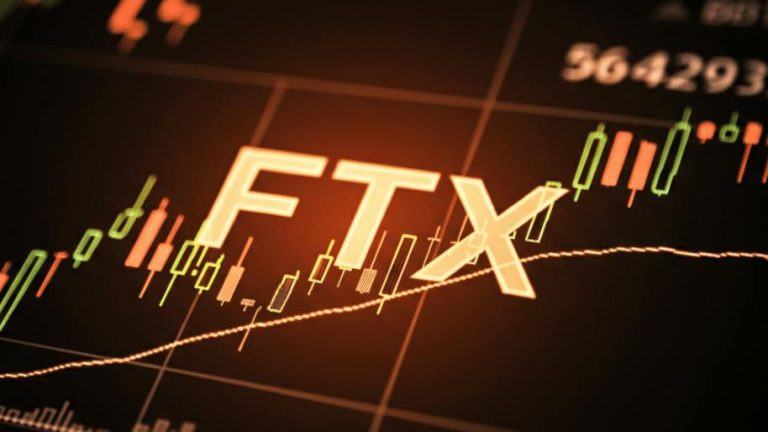The Aave Flash Loans service enables users to borrow instantly and easily, no collateral needed provided that the liquidity is returned to the pool within one transaction block.
The renowned decentralized finance (DeFi) lending protocol Aave has issued close to half a billion dollars in flash loans. In figure terms, the total flash loan the protocol has issued since launched in January is $495,375,961.70 according to Aavewatch, an analytics platform for the Aave protocol.
The world of DeFi with its unique use cases and product offerings has done a lot in redefining traditional finance as we have it today. Decentralized finance is an open-source system built on the blockchain technology focused on offering traditional financial services, like depositing, loaning, and trading, to consumers on a censorship-resistant and transparent platform.
DeFi grants individuals complete access and total control over their assets, which deviates from the existing financial system. DeFi operates on a decentralized principle of peer-to-peer transactions without the need for an intermediary like a bank or financial institution in place to oversee the operations.
The Aave protocol debuted with its flash loans which are arguably the first uncollateralized loan option in DeFi. The Flash loans, which Aave made available nine months ago, allow DeFi users to pay a nominal fee to use assets pooled in Aave smart contracts for micro-term loans. The increasing surge in the amount locked which has sent the Aave protocol currently pegged at $1,766,701,110.80 has sent the service to the top of the DeFi lending services niche has shown the massive traction the service had gained among both borrowers and lenders.
Dynamics of Aave Flash Loan Service
The Aave Flash Loans service enables you to borrow instantly and easily, no collateral needed provided that the liquidity is returned to the pool within one transaction block.
According to the detailed analysis made by the Aave team, if the borrowed liquidity is not returned to the pool within the expected time frame, the whole transaction is reversed to effectively undo the actions executed until that point. This guarantees the safety of the funds in the reserve pool.
Liquidity borrowed through the Aave Flash Loan service has wide use cases such as allowing loans to be inexpensively shifted from one service to another. The funds are used for collateral swapping as well as self-liquidation but the most common application is for arbitrage, where a user buys one asset at a low price from one place, then immediately sells the same asset at a higher price in a different place.
The use of flash loans to fund arbitrage accounts for a large chunk of the $495 million funds disbursed, and apparently due to its decentralized nature with openness to anyone, everywhere.
By comparison, the Aave flash loans have a larger market share compared to that of Uniswap protocol whose total liquidity is $315,105.97, with no flash loans and total borrowed funds from the pool pegged at $11,775.45 according to Aavewatch.
Benjamin Godfrey is a blockchain enthusiast and journalists who relish writing about the real life applications of blockchain technology and innovations to drive general acceptance and worldwide integration of the emerging technology. His desires to educate people about cryptocurrencies inspires his contributions to renowned blockchain based media and sites. Benjamin Godfrey is a lover of sports and agriculture.




